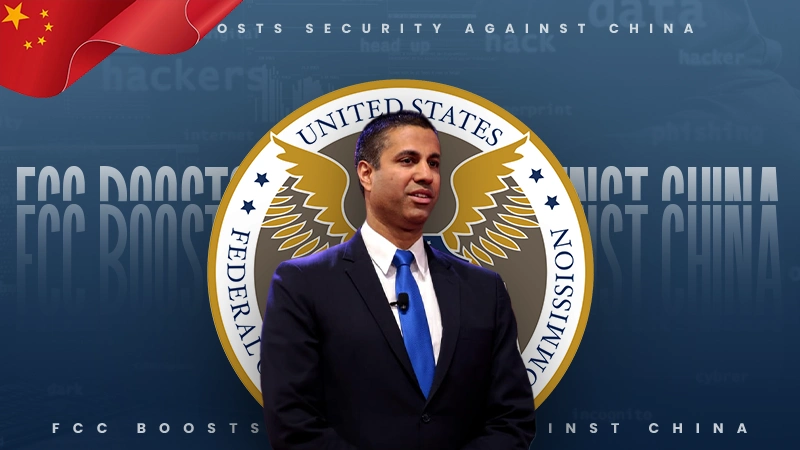
The U.S. Federal Communications Commission (FCC) has taken powerful measures to prevent future cyberattacks. It aims to strengthen US telecommunication services and secure networks.
“The cybersecurity of our nation’s communications critical infrastructure is essential to promoting national security, public safety, and economic security,” Jessica Rosenworcel, FCC chairwoman, said in a media statement. “We need to put in place a modern framework to help companies secure their networks and better prevent and respond to cyberattacks in the future.”
The agency commissioners draft the Communications Assistance for Law Enforcement Act (CALEA) rule under section 105. Following the proposal, telecommunication companies must submit annual reports to the FCC regarding implementing and updating an effective management plan against future cyberattacks.
After that, the draft Notice of Proposed Rulemaking (NOPR) would inquire about a wider range of cybersecurity risk management plans. As the next step, if the commissioners approve the plan, the NOPR will open the cybersecurity compliance framework for public comment to secure nationwide networks.
“On December 4, 2024, a top U.S. security agency confirmed reports that foreign actors, state-sponsored by the People’s Republic of China, infiltrated at least eight U.S. communications companies, compromising sensitive systems and exposing vulnerabilities in critical telecommunications infrastructure,” an FCC Fact Sheet detailed. “This was part of a massive espionage campaign that has affected dozens of countries.”
In addition, a report unveiled that T-Mobile’s network was compromised in a Chinese cyber spying operation. Verizon Communications, AT&T, and Lumen Technologies were also victims of Salt Typhoon hacks, executed by the People’s Republic of China (PRC). These hackers targeted US communication companies and internet service providers for data breaches.
As a result, the FCC can take decisive measures to protect national security and public safety, including submarine cable landing applicants and licensees.







